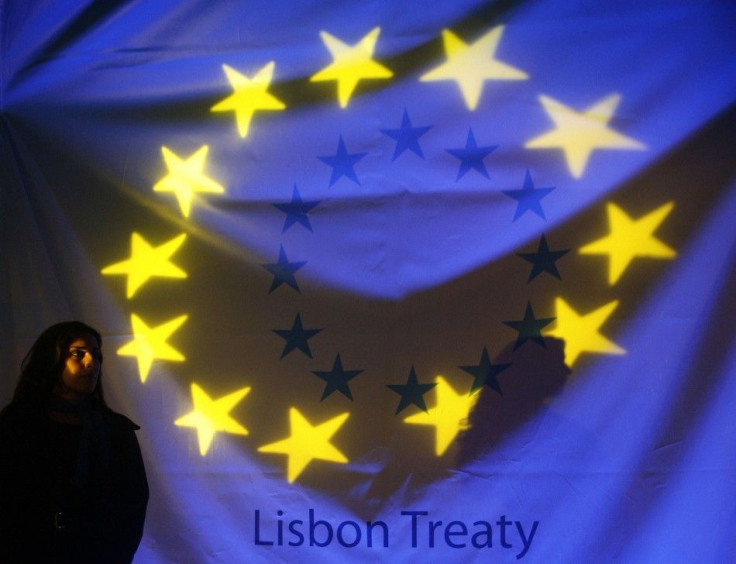EU To Introduce Net Neutrality Rules By 2016, End Mobile Roaming Charges By 2017

The European Union has agreed to abolish roaming charges on consumers who use their phones in members nations beyond their home country, breaking months of political deadlock between the European Parliament and national governments. The deal also covers the first EU-wide net neutrality rules, effective from April 30 2016.
According to EUobserver, the European Commission acted as moderator between the parties after governments disagreed with the parliament’s proposal to abolish charges by the end of 2015. With fears that abolition could hurt local telecommunication companies, governments instead proposed a basic roaming allowance. The parties have now agreed to an abolition deadline of June 15 2017.
The net neutrality rules are the first to cover the whole of the EU, but with the legal text unavailable as of yet an independent review will not be possible. A press release from the European Commission, however, outlines the extent of the rules.
The commission says that paid prioritization will be banned, and Internet users will not be unfairly blocked or throttled. However, a statement from the national governments said: “Blocking or throttling will be allowed only in a limited number of circumstances, for instance to counter a cyber-attacks and prevent traffic congestion."
The roaming charge deal will come with rules on fair use, stopping customers from buying SIM cards from member states with cheaper tariffs, for example. “These unusual behaviours are also called 'permanent roaming' and could have a negative impact on domestic prices, and ultimately on consumers. This is why there is a fair use safeguard. Once that limit is reached while being abroad, a small basic fee can be charged,” said digital single market commissioner Andrus Ansip.
There is currently a price cap on roaming charges across the EU. Today’s deal includes a plan to lower this cap to €0.05 per megabyte of data, €0.02 per text message, and €0.05 per call minute. The current price cap stands at €0.20 per megabyte, €0.06 per text message, and €0.19 per call made.
© Copyright IBTimes 2025. All rights reserved.





















